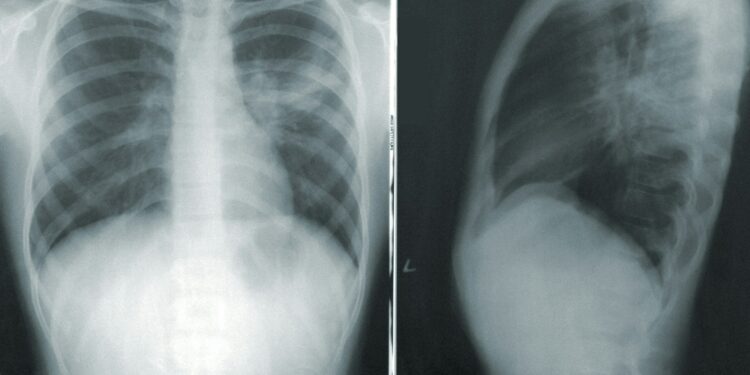Early detection is important.
Recent research demonstrates that lung cancer patients who underwent screening were more likely to receive diagnoses at earlier stages and experience better outcomes compared to those who were not screened. The study, analyzing nearly 58,000 patients within the U.S. Veterans Health Administration, highlights the crucial role of early detection through screening in combating the leading cause of cancer-related deaths worldwide.
Lung cancer’s devastating impact underscores the urgency of effective screening strategies. Current recommendations advise annual screening for individuals aged 50 to 80 with a significant smoking history, such as consuming at least one pack of cigarettes per day for 20 years or two packs per day for 10 years.
While clinical trials have validated the benefits of screening using computed tomography (CT) scans, real-world evidence has been limited. This study, focusing on U.S. veterans, sought to evaluate the impact of screening on lung cancer diagnoses.
The results revealed that screened patients exhibited higher rates of early-stage cancer detection compared to their unscreened counterparts — 52% versus 27%. Moreover, over a five-year period, screened individuals experienced significantly lower rates of premature death from any cause (49.8% versus 72.1%) and death specifically from cancer (41% versus 70.3%).
Dr. Michael Green, co-author of the study from the University of Michigan and the Veterans Affairs Ann Arbor Healthcare System, lauded the remarkable progress in lung cancer outcomes resulting from concerted national efforts to enhance screening. The findings underscore the transformative potential of initiatives like the Lung Precision Oncology Program in improving patient outcomes and combating lung cancer mortality.

































Discussion about this post